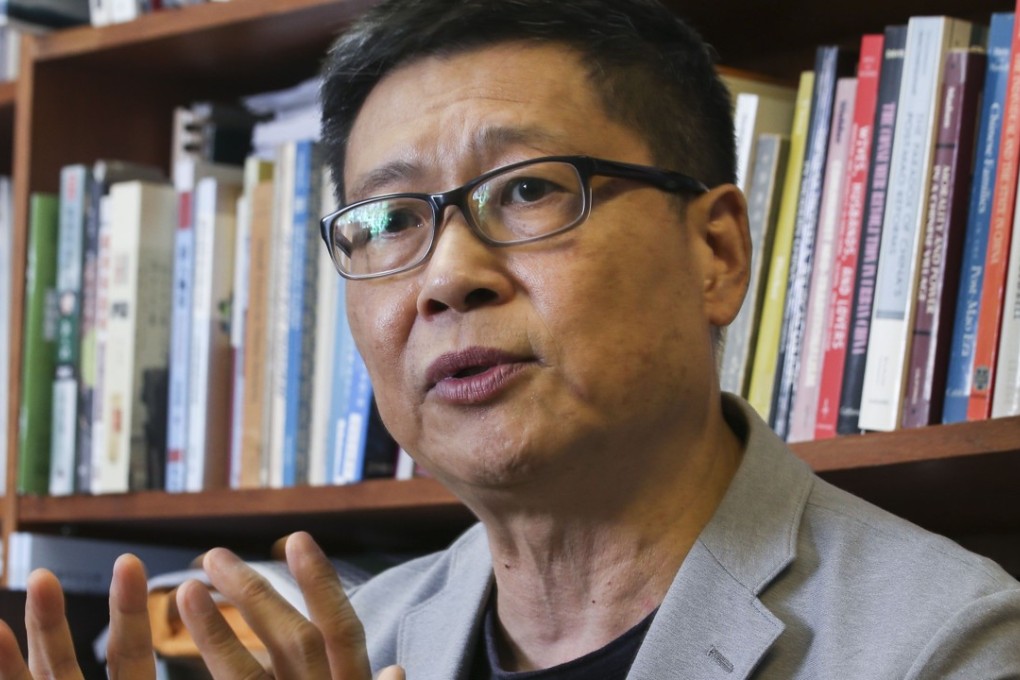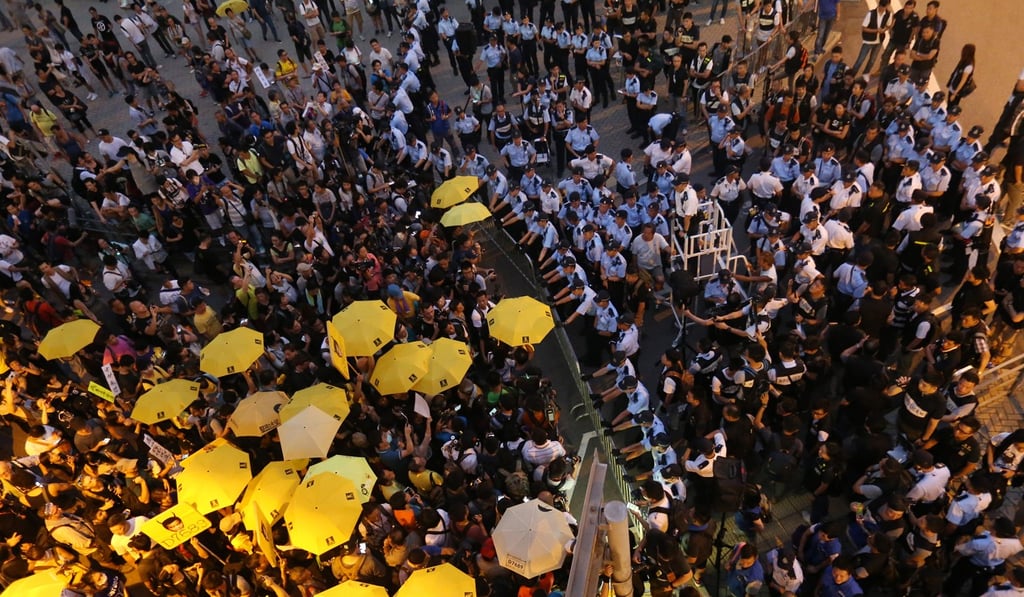Growing sense of cynicism in Hong Kong after Occupy, co-founder Chan Kin-man says
The sociologist notes there is still room for dialogue, saying he is well prepared and does not fear possible jail term

Three years after the pro-democracy Occupy movement in Hong Kong was launched, one of its co-founders says wounds from the resulting social divide are gradually healing, but a growing sense of cynicism remains in a city hit by political gridlock.
Sociologist Dr Chan Kin-man said Hongkongers now saw the limits of violent protests and pro-independence advocacy, and this realisation might provide room for dialogue in the once heavily split city.

Charges against Hong Kong Occupy leaders are ‘prosecution overkill’, barrister says
That is why the Chinese University professor, who is facing three charges relating to public nuisance over his role in Occupy, has introduced a new course called “Leadership in an uncertain era” this semester.
“[The course] emphasises self-leadership and mindfulness. It teaches students to listen to themselves and not to be swayed by society and outside voices ... and also how to handle rage and frustration,” Chan told the Post in an interview.